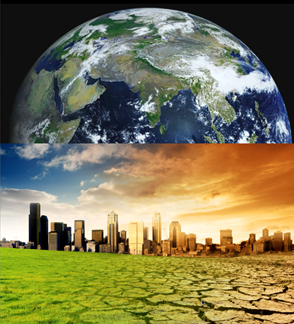SUERC/University of Glasgow research selected for Royal Society exhibition 2016
Published: 13 April 2015
Researchers from SUERC and the University of Glasgow will present their findings from a UKSA-funded PhD project at the Royal Society (London) Exhibition (5th July onwards).

Researchers from SUERC and the University of Glasgow will present their findings from a UKSA-funded PhD project at the Royal Society (London) Exhibition (5th July onwards).
The Summer Science Exhibition is an annual display of the most exciting cutting-edge science and technology in the UK. This weeklong festival features 22 exhibits from the forefront of innovation.
The exhibition will look at:
‘What the loss of early Martian atmosphere teaches us about storing greenhouse gases within rocks and managing climate change on Earth’.
Changes to the Earth’s climate and exploration of Mars are both highly topical, capture the public imagination, and motivate young people to pursue careers in science and engineering. Our exhibit explores and highlights how closely related these topics are and, in so doing, helps to explain the need for climate change research and planetary exploration (e.g. ancient Mars can reveal the future of Earth).
Through a short visit to this exhibit students and the public will easily be able to gain an understanding of the principal reasons why Mars lost its early atmosphere and why this matters to us, how and why atmospheric CO2 influences the climate of a planet, and how CO2 can become locked into crustal rocks by both natural and geo-engineered processes. They would leave the exhibit with material enabling them to investigate these topics in greater detail, with links to websites, experiments and school projects.
Rising levels of CO2 in the Earth’s atmosphere are a clear indicator of how our climate is changing. However, when it comes to strategies of reducing, capturing and storing atmospheric CO2, the public are often less sure of the options available, how they work and differences between them. Education and outreach in such matters is of critical importance in creating a well-informed public discussion on climate change policy and implementation.
See the Royal Society website for more details.
First published: 13 April 2015
<< News

